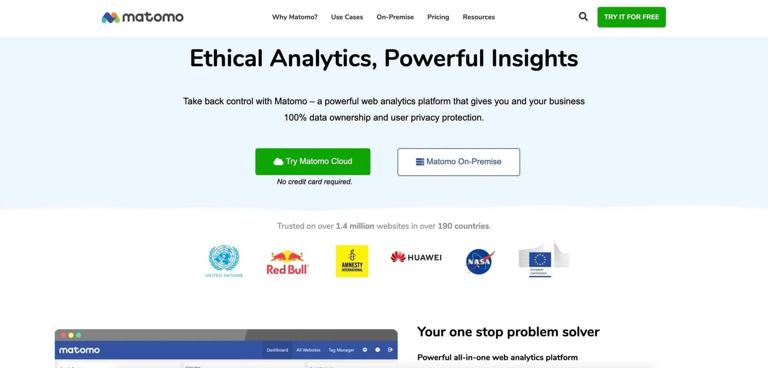
Ever wondered whether prop trading firms that give you access to options trading set any kind of floor—like a minimum trading volume or account size—before you can step into their world? It’s a question many traders—newcomers and veterans alike—ask as they navigate the complex landscape of professional trading environments. Knowing the ins and outs of these requirements can make a big difference in setting realistic goals and understanding what’s needed to turn your trading ambitions into reality.
Breaking Down the Mystery: Do Prop Firms Have Minimum Trading Requirements? Lets be honest—trading isn’t just about skill; it’s also about fitting into the right environment. Prop firms, or proprietary trading firms, are like the NCAA of trading worlds—they pick talented players and give them the tools to win, but often have certain rules they expect their traders to follow. And yes, that usually includes minimum trading requirements, but the story isn’t one-size-fits-all.
In many cases, prop firms want to see that you’re serious, consistent, and capable of managing risk. They often look at factors like:
Account size: Many firms require traders to start with a certain initial capital—sometimes as low as a few thousand dollars, but more typical amounts hover around $10,000–$50,000, especially for options trading. Why? Because options can be risky, and firms want to ensure traders can handle volatility without blowing up the account.
Trading volume or frequency: Some firms prefer traders to meet a minimum number of trades or a set volume each month. This ensures traders are active and committed, not just testing strategies now and then.
Profitability thresholds: Firms might set expectations on how much profit a trader must generate over a specific period to stay in the program—think of it as an informal performance guarantee.
It’s important to recognize that requirements fluctuate widely depending on the firm’s size, focus, and risk appetite. Smaller, boutique prop shops might have more relaxed standards, while larger ones could be more meticulous.
Imagine trying to train for a marathon—without consistent practice, you won’t get far. Prop firms see minimum trading requirements as a way to weed out those who aren’t in it for the long haul or might not have the discipline to handle real money. They also serve to mitigate their own risks—if a trader can’t meet volume or consistency standards, it’s unlikely they’ll succeed in a real trading environment.
On the plus side, these thresholds keep traders grounded. They push for discipline and consistency, essential traits for long-term success. Plus, having a set bar helps traders develop good habits—like sticking to a trading plan, managing risk wisely, and staying accountable.
On the flip side, some might find the requirements restrictive, especially when just starting out. If a firm demands a hefty initial deposit or a certain amount of trading activity before allowing access to larger capital, it can feel like a barrier rather than a stepping stone.
How are these requirements evolving? Were living in a time where decentralized finance (DeFi) is shaking up traditional trading paradigms. Innovations like smart contracts and blockchain transparency can potentially create more accessible, fairer trading environments without big initial requirements. But that also introduces new challenges—security, regulation, and liquidity risks.
Meanwhile, advances in AI are transforming how traders approach options—automated systems analyzing complex data tons faster than humans ever could. Prop firms that incorporate these tools may adapt requirements, emphasizing strategy robustness over sheer volume or initial deposits.
Options are a fascinating product, but they’re just part of a bigger picture. From forex and stocks to cryptocurrencies, indices, and commodities—diversifying trading assets can be empowering. These diversified markets present their own minimum requirements and risk profiles, but the underlying principle remains—they’re all about understanding your limits and playing smart.
For example, crypto markets, with their 24/7 nature, might demand more active monitoring from traders, influencing the kind of minimum volume or experience a firm seeks. Meanwhile, traditional stock and options trading might lean on established, slower-paced strategies.
Joining a prop firm can be like getting a fast track to professional trading—if you’re ready to meet their standards. The requirements are not just hurdles but also signals of a solid, disciplined approach. They often offer educational programs, mentoring, and access to powerful tools that can dramatically accelerate learning.
For traders serious about sharpening skills, understanding these minimums helps craft realistic goals and avoid disappointment.
As the financial industry evolves, so do the expectations and tools available. The rise of decentralized finance and smart contracts could democratize access—removing traditional constraints like hefty initial deposits or strict trading volume minimums.
Looking ahead, AI-driven trading strategies are gaining momentum. These algorithms can process the vast ocean of market data, spotting opportunities faster and more accurately than humans. Prop firms that leverage AI might start shifting their requirements—from sheer volume to strategy sophistication.
Moreover, building resilience and adaptability will become even more vital, as markets grow interconnected and more unpredictable. Traders who embrace continuous learning and diversify across assets—remember, options are just one piece—will stand the best chance in this brave new world.
In the end, the key isnt just about meeting minimum trading requirements—its about understanding your own limits and building a sustainable, diversified approach to trading.
Getting into the game requires discipline, curiosity, and grit. Whether you’re starting with a small account or aiming for big capital, keep in mind: successful trading isn’t just about meeting minimums; it’s about consistently surpassing your own expectations.
Trade smart, stay relentless—your future in prop trading awaits.